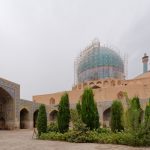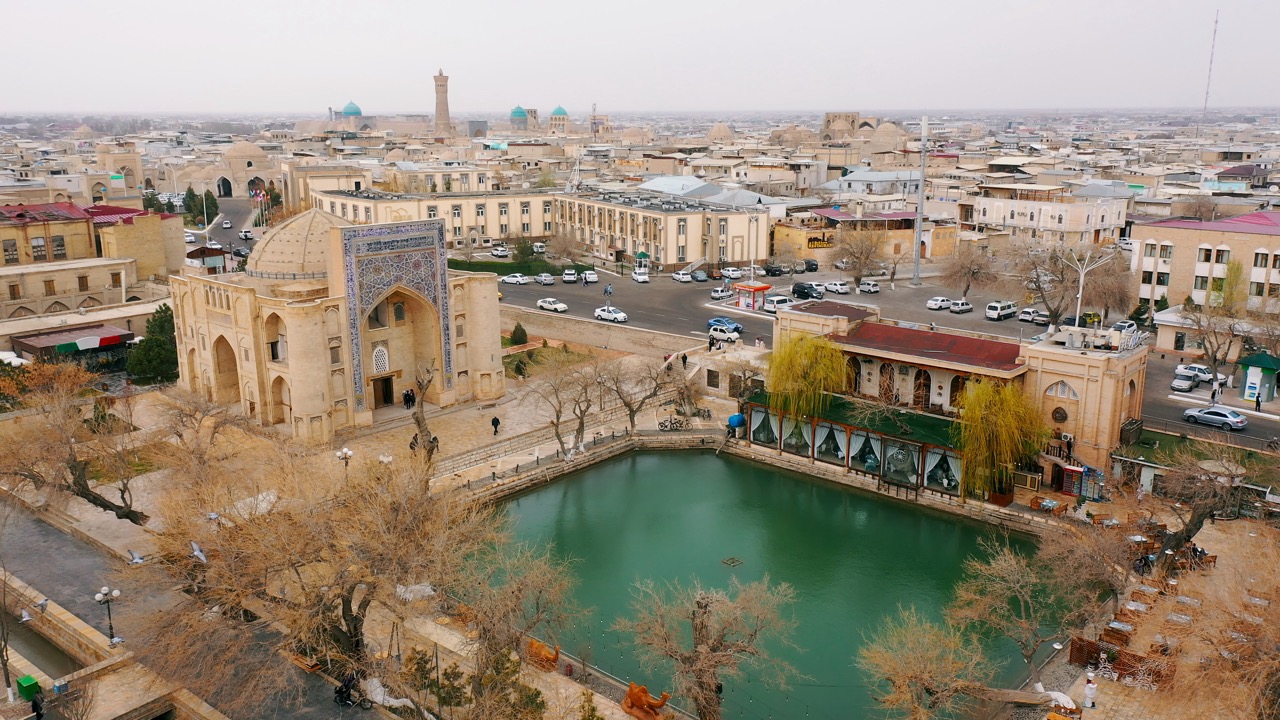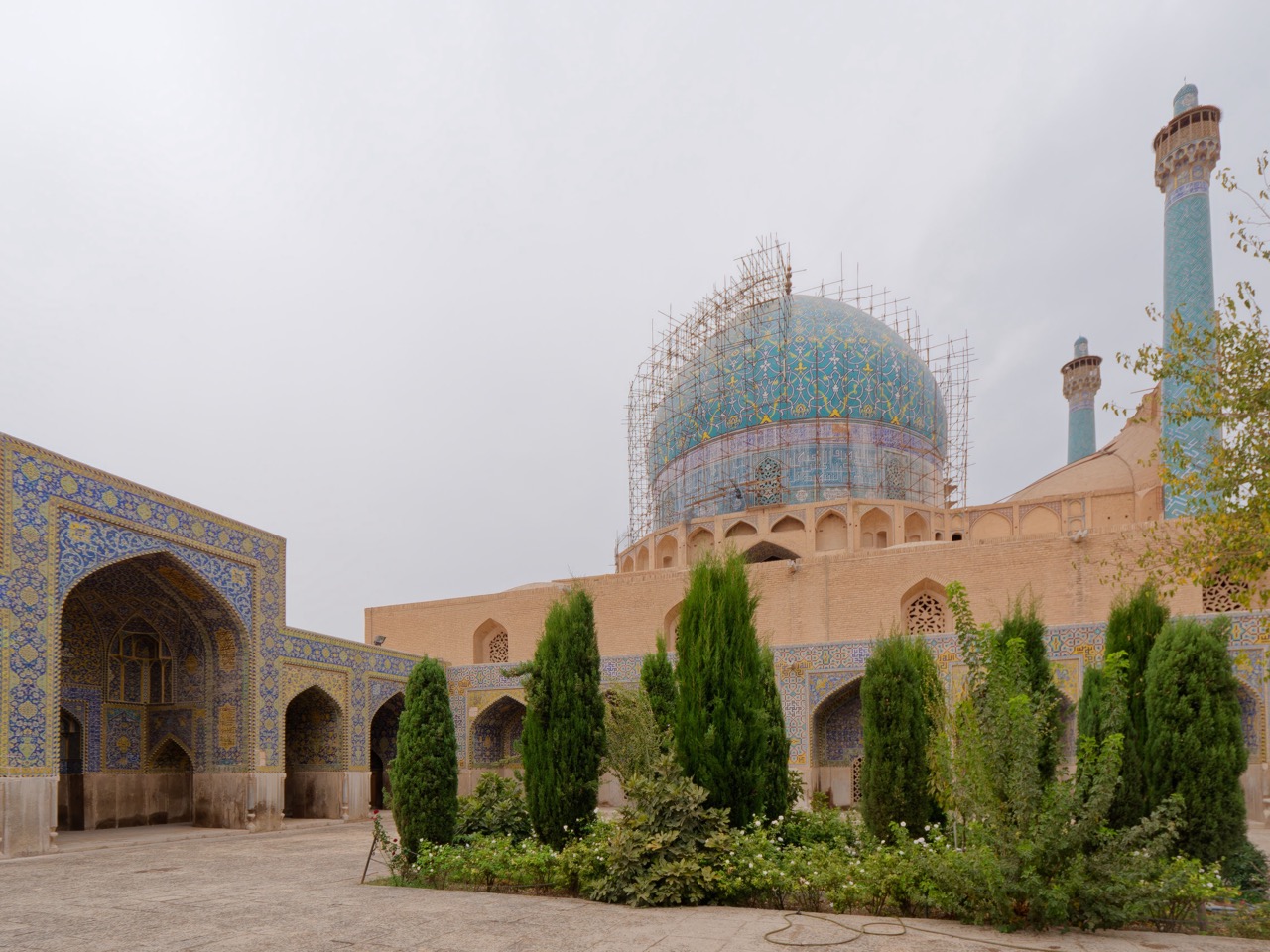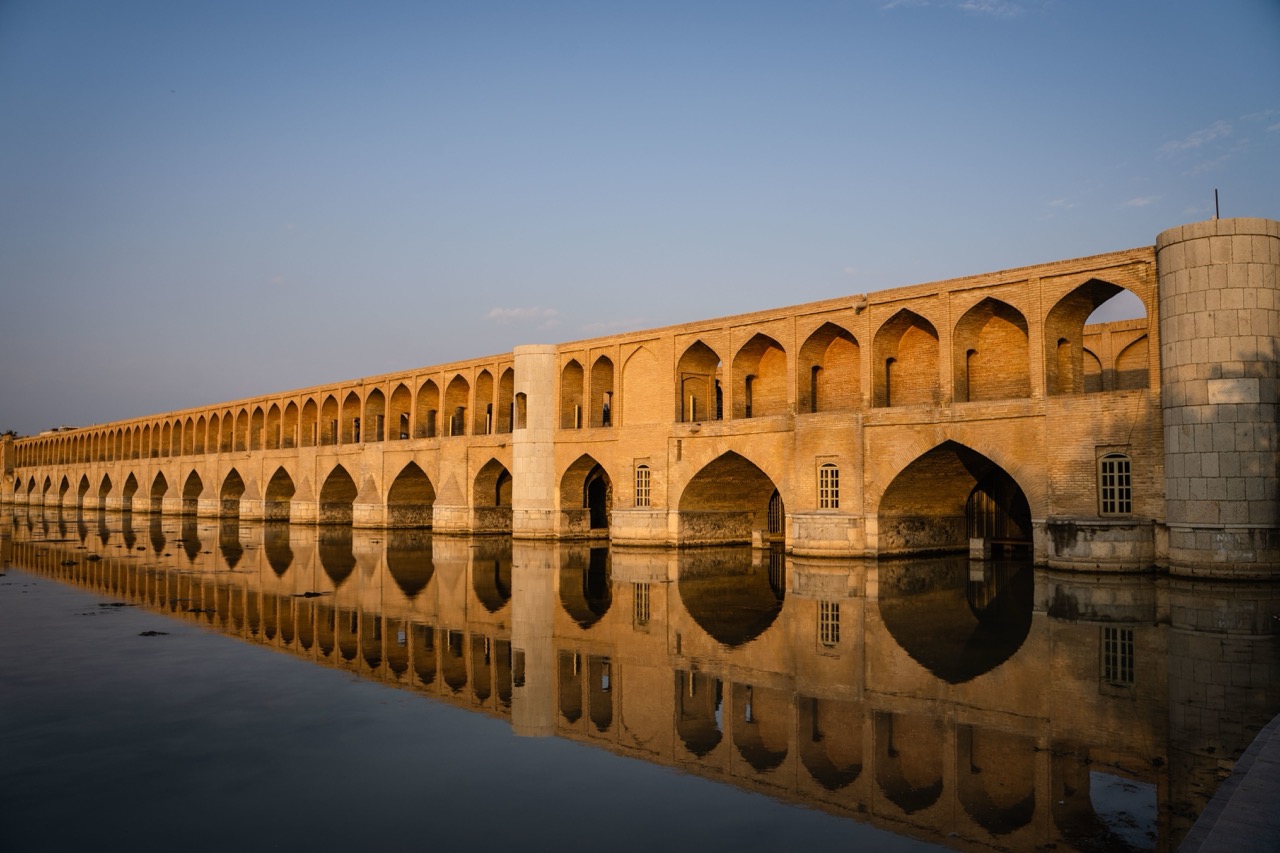Jalal ad-Din Rumi, more commonly known as Rumi, is celebrated as one of the most influential poets in world literature. Born in the 13th century in the city of Balkh, which is now part of modern-day Afghanistan, Rumi’s life and works transcend cultural and temporal boundaries, echoing in the hearts of people across generations. His poetry not only reflects the spiritual and philosophical musings of his time but also speaks to the universal human experience of love, longing, and the quest for meaning. This article delves into the life, influences, and enduring legacy of Rumi, shedding light on why his work remains relevant today.
Unveiling the Life and Times of Jalal ad-Din Rumi
Rumi was born on September 30, 1207, into a family of scholars, which set the stage for his life as a thinker and poet. His early life was marked by considerable upheaval due to the Mongol invasions, prompting his family to migrate westward. Eventually settling in Konya, in present-day Turkey, Rumi became a prominent figure in the Islamic community, engaging with various theological and philosophical discussions. His tumultuous life experiences shaped his outlook, leading him to seek deeper spiritual truths that would inform his writings.
By the time of his death in 1273, Rumi had become a national and cultural icon in the Persian world. He founded the Mevlevi Order, better known as the Whirling Dervishes, which emphasized spirituality and the pursuit of transcendence through music and dance. His poetry, particularly the "Masnavi," a six-volume spiritual epic, is considered a pinnacle of Persian literature. This rich backdrop of political uncertainty and spiritual questing would prove fertile ground for the profound themes of love and divine union that Rumi would explore in his work.
Rumi’s Early Years: Influences and Inspirations
During Rumi’s formative years, he was heavily influenced by the intellectual climate surrounding him. His father, Baha’ Walad, was a respected theologian, and young Rumi was exposed to diverse philosophical and spiritual ideas from an early age. Persian literature, Arabic poetry, and the teachings of Islam permeated his upbringing, instilling in him a profound appreciation for the transformative power of words. This rich heritage laid the groundwork for Rumi’s later explorations into the nature of existence and the divine.
In addition to his familial influences, Rumi was deeply affected by the tumult of his time. The Mongol invasions had not only destabilized entire regions but also led individuals, including Rumi, to question their spiritual beliefs and seek deeper understanding. The complex interplay of love, loss, and the sacred would later become a hallmark of his poetry, as Rumi sought to articulate the spiritual truths that emerged from such experiences.
The Spiritual Journey: Rumi’s Path to Enlightenment
Rumi’s spiritual journey took a pivotal turn with the arrival of Shams of Tabriz, a wandering dervish whose presence ignited a profound transformation in Rumi’s life. Shams challenged Rumi to abandon the conventional interpretations of spirituality and embrace a direct, personal relationship with the divine. This friendship led Rumi to a deeper understanding of love as a pathway to God, reshaping his approach to both poetry and life. The intensity of their connection, however, would lead to Shams’ mysterious disappearance, which left an indelible mark on Rumi’s soul.
In the aftermath of Shams’ departure, Rumi’s poetry reflected a deep sense of longing and a yearning for spiritual union. This period marked a significant evolution in Rumi’s work as he began to explore themes of separation, love, and the quest for divine presence. The spiritual enlightenment he attained through his relationship with Shams became a central theme in his writing, as he articulated the idea that true love is a reflection of the divine, accessible to all who seek it earnestly.
Poetry as a Medium: Rumi’s Unique Literary Style
Rumi’s poetic style is characterized by its lyrical beauty and profound philosophical insights. He masterfully employs metaphors, similes, and allegories, often drawing on nature and everyday experiences to illustrate complex spiritual concepts. His verses are imbued with a mystical quality, inviting readers into a realm where love, beauty, and the divine intertwine seamlessly. Rumi’s ability to convey deep truths through simple yet evocative language makes his work accessible and relatable to a broad audience.
Moreover, Rumi often utilized the forms of ghazals and rubaiyat, creating poetry that resonates with rhythm and musicality. His writing transcends mere artistic expression; it serves as a vehicle for spiritual exploration, urging readers to delve into their own souls and seek a connection with the divine. The integration of personal experience with universal themes allows Rumi’s work to speak to the human condition, making it timeless and relevant across cultures and eras.
The Impact of Rumi’s Work on Persian Literature
Rumi’s contributions to Persian literature are immeasurable, establishing him as one of the greatest poets in the Persian language. His work not only enriched Persian poetic tradition but also influenced subsequent generations of writers. Rumi’s blend of Sufi mysticism with literary artistry formed a distinctive style that inspired countless poets, both in Persia and beyond. His themes of love, spirituality, and the divine continue to resonate with audiences, echoing the collective human experience across different cultures.
Furthermore, Rumi’s legacy is visible in the modern resurgence of interest in Persian poetry. His works have been widely translated and adapted, introducing his insights to new generations and diverse audiences. The profound impact of Rumi on Persian literature has ensured that his voice remains influential, promoting a deep understanding of Sufi thought and its poetic expressions in the literary canon.
Rumi and Shams: The Friendship that Changed Everything
The relationship between Rumi and Shams of Tabriz stands as a testament to the transformative power of friendship. Their bond transcended ordinary companionship, delving into the depths of spiritual exploration. Shams challenged Rumi’s conventional worldview, compelling him to question established beliefs and embrace a more profound understanding of love and God. This friendship not only catalyzed Rumi’s spiritual awakening but also profoundly influenced the direction of his poetry, infusing it with emotional depth and spiritual authenticity.
The intensity of their connection, however, came at a price. Shams’ sudden disappearance left Rumi engulfed in sorrow and longing, a theme that permeates his poetry. The longing for his beloved friend became a metaphor for the soul’s yearning for the divine. Through this lens of love and loss, Rumi’s work captures the complexity of human relationships and the transformative nature of love, making it both personal and universally relatable.
Exploring the Themes of Love and Longing in Rumi’s Work
At the heart of Rumi’s poetry lies the theme of love—both earthly and divine. He perceives love as a potent force that transcends worldly concerns, acting as a bridge to spiritual enlightenment. Rumi often draws parallels between the intense emotions felt in romantic relationships and the soul’s longing for God, suggesting that human love is but a reflection of divine love. This exploration serves as a reminder that love can be a path to deeper understanding and connection with the universe.
Longing is another recurring motif in Rumi’s work, intricately woven into his poetic fabric. His verses frequently articulate the pain and beauty of separation, whether from a loved one or from the divine source. This sense of yearning encapsulates the human experience, resonating with readers who grapple with their own experiences of loss and desire. Rumi’s ability to convey such profound emotions allows his work to transcend time, continuing to speak to the shared human experience of love and longing.
Rumi’s Legacy: Influence on Sufism and Beyond
Rumi’s legacy extends far beyond the realm of poetry; it significantly shaped the development of Sufism as a spiritual practice. His writings emphasized the importance of personal experience and direct connection with the divine, inspiring countless followers to pursue a more intimate relationship with God. The principles espoused in Rumi’s poetry have become foundational to Sufi thought, promoting the idea that love is the ultimate expression of spirituality.
As the founder of the Mevlevi Order, Rumi formalized practices such as the whirling dance, which serves as a form of meditation and devotion. The rituals and teachings of the Mevlevi Order continue to thrive, embodying Rumi’s teachings on love and the pursuit of enlightenment. As Sufism has gained recognition globally, Rumi’s insights have reached a diverse audience, cementing his role as a pivotal figure in the spiritual landscape.
Rumi’s Global Reach: Translating His Wisdom Across Cultures
Rumi’s influence transcends cultural and linguistic boundaries, as his works have been translated into numerous languages, making his wisdom accessible to a global audience. Translators like Coleman Barks have played a crucial role in popularizing Rumi’s poetry in the West, interpreting his verses in a way that resonates with contemporary readers. The beauty of Rumi’s language, rooted in its mysticism and emotional depth, continues to captivate those seeking spiritual guidance and insight.
Through translations and adaptations, Rumi’s messages of love, unity, and spiritual awakening have found their way into various artistic expressions, including music, dance, and visual arts. His universal themes resonate with people from all walks of life, fostering a sense of connection and understanding in an increasingly fragmented world. Rumi’s ability to bridge cultural divides highlights the enduring power of poetry to inspire and unite.
Why Rumi Remains Relevant in Today’s World
In a rapidly changing world characterized by uncertainty and division, Rumi’s teachings resonate deeply with contemporary audiences. His exploration of love, acceptance, and the quest for meaning speaks to the core of what it means to be human. In an era where individuals often seek solace in spirituality, Rumi’s poetry provides a roadmap for navigating the complexities of life, encouraging introspection, compassion, and a deeper connection to oneself and others.
Moreover, Rumi’s emphasis on the transformative power of love remains a vital message in today’s socio-political climate. His words remind us of the potential for healing and unity through understanding and compassion. As individuals increasingly seek connections beyond cultural and religious divides, Rumi’s legacy serves as a beacon of hope, illuminating the path toward a more harmonious and compassionate world.
The legacy of Jalal ad-Din Rumi is a testament to the enduring power of art and spirituality. His life experiences, friendships, and profound insights have left an indelible mark on literature, Sufism, and the collective human experience. Rumi’s exploration of love and longing continues to resonate with people across cultures and generations, reminding us of our shared quest for meaning and connection. As we navigate the complexities of modern life, Rumi’s wisdom offers a timeless refuge, inviting us to seek the divine in ourselves and the world around us.










